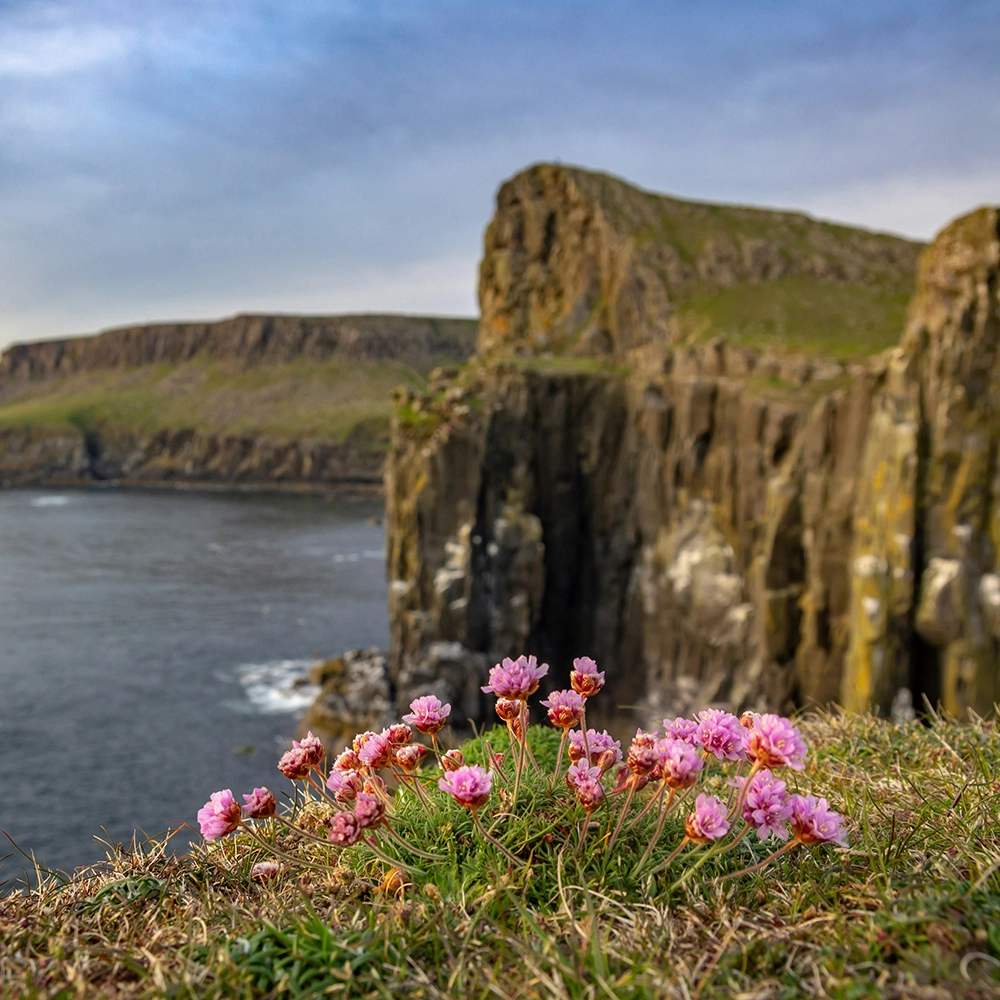Are you ready to go far and come home safe? You can. In 2025, Americans picked Mexico, Canada, the United Kingdom, the Dominican Republic, and Germany as their go-to destinations, and we don’t see that changing any time soon. Each place is amazing, but each also has its own “rules of the road.”
Below are five simple playbooks you can use to be prepared the minute you land. They’re short. They’re clear. They’re actionable. Be sure to save these for your next trip.
Quick Guide to the Most Popular Destinations of 2025
How do I travel safely to the top 5 destinations in 2025?
- Pre-book your airport ride with trusted providers. Jot down the hotel address in the local alphabet or language, so if there’s a communication breakdown between you and the driver, you can show them the address.
- Use offline maps and know your first night plan, like where you’re going to stay.
- Carry two credit cards (make sure they’re issued from different banks) and a little local cash. Turn on travel alerts for banking and money apps like Venmo and CashApp.
- Protect your passport and back up a digital copy to the cloud. Paper copies should be stored in a separate and secure bag.
- Pack a power trio of a universal adapter, small extension cord, and a power bank, making sure to keep it charged. Consider a solar-powered power bank, too.
- Know the local emergency number and check the latest U.S. State Department travel advisories before you go.
- Follow local laws and guidance at your destination. You are subject to your host country's laws, regardless of your own citizenship.
- Enroll in STEP (Smart Traveler Enrollment Program) for alerts and support.
1. Mexico: Your Resort Playbook
You land in Cancún. Baggage claim is busy. You just want the beach, the pool, and a cold beverage in your hand. So how do you get there as quickly, and safely, as possible? Do this.
- Ride smart: Pre-book a hotel transfer or use a vetted app. Skip unofficial taxis.
- Keep a low profile: If your resort provides a wristband at check-in, wear it discreetly when you're not on the property.
- Make smart money decisions: Use indoor ATMs like the ones inside banks or resorts. Carry small bills for tips and tolls.
- Know how to stay safe while driving in Mexico: Avoid night driving between cities. Road conditions can get sketchy, which is compounded by inconsistent street lighting.
- Emergency: Dial 911 and save your hotel’s emergency contact in your phone.
We said this earlier, but before you go to Mexico, check the latest U.S. State Department’s travel advisory. In some cases, advisories can differ by state, so be sure to check the state-by-state notes. They’ll specify what kinds of risks are most common in that area so you can be better prepared.
2. Canada: City-Easy, Nature-Wild
You’re in Toronto one day and Banff the next. The weather can flip fast, but you’ll be ready wherever your Canadian adventure leads.
- Prep for nature: Pack a basic first-aid kit, extra layers of clothing, and a power bank for your phone and other essential electronics.
- Be clear with phone coverage: Mobile coverage may be spotty in more remote areas, but it's a good idea to have location services and GPS enabled for important apps on your phone. Let a family member or loved one know where you’re planning to explore before you leave.
- Stay informed: Check road and wildfire updates each morning. Download offline maps.
- Be city smart: Keep bags zipped on public transit and don’t lose sight of your personal belongings. Use licensed and official rideshares only.
- Emergency: Dial 911 anywhere in Canada.
- Before you go: Review the U.S. State Department travel advisory for updates and check real-time wildfire maps.
3. United Kingdom: Crowd-Wise and Train-Ready
You’re in London on a match day. The Tube is packed. Plans can change. But you know how to go with the flow.
- Plan for a crowd: When traveling with friends, pick a meet-up spot in case you get separated, and locate two exits at events in case you need to move quickly. Consider downloading a mobile app like Life360 and create a group with the people you’re traveling with so each person knows your location. Sharing with people back home could be helpful in an emergency, too.
- Protect your pockets: Wear a front-carry bag to protect important items like credit cards, money, and IDs. Try to keep your phone put away in crowds. Avoid putting anything in a back pocket, as that’s prime picking for thieves.
- Have a backup plan for public transit: Strikes or delays? Use contactless cards on buses to keep things moving quickly. Get the National Rail and city transport apps on your phone so you can find alternate routes easily.
- Get from the airport to the city: Use the official taxi rank or book ahead.
- Emergency: Dial 999 or 112.
- Before you go: Check the travel advisories from the U.S. State Department and confirm the U.K.'s entry/ETA requirements.
4. Dominican Republic: Paradise with a Plan
You land in Punta Cana at dusk. The arrivals hall is crowded. You want a safe ride and a smooth first night. It’s well within your reach when you follow these tips.
- Make a smooth entry: Complete the Dominican Republic’s e-ticket form before you fly and hold on to your completed entry documentation for an easier arrival. What is the electronic ticket for entering and leaving the Dominican Republic, you ask? Dominican laws make it mandatory for each passenger to truthfully provide complete information on the e-ticket (form process) for its General Immigration Office, General Customs Office, and Ministry of Public Health. Visit its official government website to learn more.
- Get a trusted ride: Book transport via your resort desk or known and trusted providers. It is not recommended to hail a cab upon exiting the airport.
- Practice safe habits: Use the in-room safe for passports, IDs, money, and other important valuables. Take only what you need when you go out, and be sure to keep an eye on your drink in public areas.
- Drink clean water: The local water supply could cause serious stomach issues. Choose bottled water, even when you are brushing your teeth.
- Emergency: Dial 911 in many areas. The tourist police, POLITUR, serves major zones.
- Before you go: Read the U.S. Travel Advisory and check trusted news sources for the most up-to-date information for optimal safety.
5. Germany: Station Savvy, Simple Street Smarts
You hit the Munich station at rush hour. Train schedules run tight. Will you make it in time? Plan for alternatives and know what to do in any kind of pinch.
- Control your belongings: As mentioned for the other countries above, be wise about protecting your personal items in crowded spaces, especially in train stations and on the train itself. The last thing you want is to have your passport, ID, or credit cards stolen in a foreign country.
- Make credit or card payments: Germany, like most European countries, is credit card-friendly, but some spots prefer cash. Trade in some U.S. dollars for Euros upon arrival and keep a small amount with you throughout your trip. And don’t forget to trade them back before coming home!
- Know a bit of the lingo: Learn two lines — “Entschuldigung” (Excuse me, pardon me) and “Sprechen Sie Englisch?” (Do you speak English?) — to cool down tense moments. Most Germans speak English since it’s taught in school at an early age, but making an effort to speak German is respectful.
- Avoid demonstrations: If crowds build, it’s advised to find an alternate route if you’re walking about the streets. As much as your curiosity will want to see what’s happening, do it from a distance. It’s best not to get your phone out to record.
- Emergency: Dial 112 or, for the police, dial 110.
- Before you go: Check the latest U.S. travel advisory. Germany is generally considered safe, but it’s always good to be informed.
FAQs for How to Travel Safely
What is the safest way to get from the airport in a new country?
Pre-book a hotel transfer, use the official taxi stand, or download a well-known ride app. Avoid unofficial offers. You never know if they’ll take you the long way around, charge you extra, or (worst case scenario) run off with you and your belongings.
Do I need travel insurance for international trips?
Some countries require visitors to have travel insurance for entry. Regardless of whether it is “needed,” travel insurance is strongly advised, especially for international trips. Be sure your plan includes travel medical coverage, as your domestic health insurance likely will not cover you abroad and you don’t want to have to pay for care out of pocket. Look for a provider that offers 24/7 emergency travel assistance, too. This non-insurance benefit is available to all Seven Corners customers.
How do I get emergency help abroad?
Save the local emergency number, your hotel’s phone number, and the nearest U.S. embassy contact in your phone. Having it written down somewhere can’t hurt, either, in case your phone is stolen or the battery dies. If you purchase Seven Corners travel insurance, you should also save those contact numbers in your phone as well. There are many ways to contact us, including call, text, WhatsApp, and email.
Should I use public Wi-Fi?
Use mobile data or a VPN for any logins for optimal device security. Avoid banking on open Wi-Fi.
Final Call to Adventure
The countries in our playbook might not require travel insurance for entry, but going abroad without at least securing medical coverage could end up being a big mistake. Seven Corners customer Susie used her travel medical plan when she got sick in Scotland.
Kevin found out the hard way what not having travel insurance is like when he broke his back swimming in the Dominican and had to start a GoFundMe to pay for his expensive car.
Be a smart traveler. Get the travel insurance. Visit SevenCorners.com for a quick quote online or talk to a licensed agent to be sure you’re getting the best coverage for your trip.



